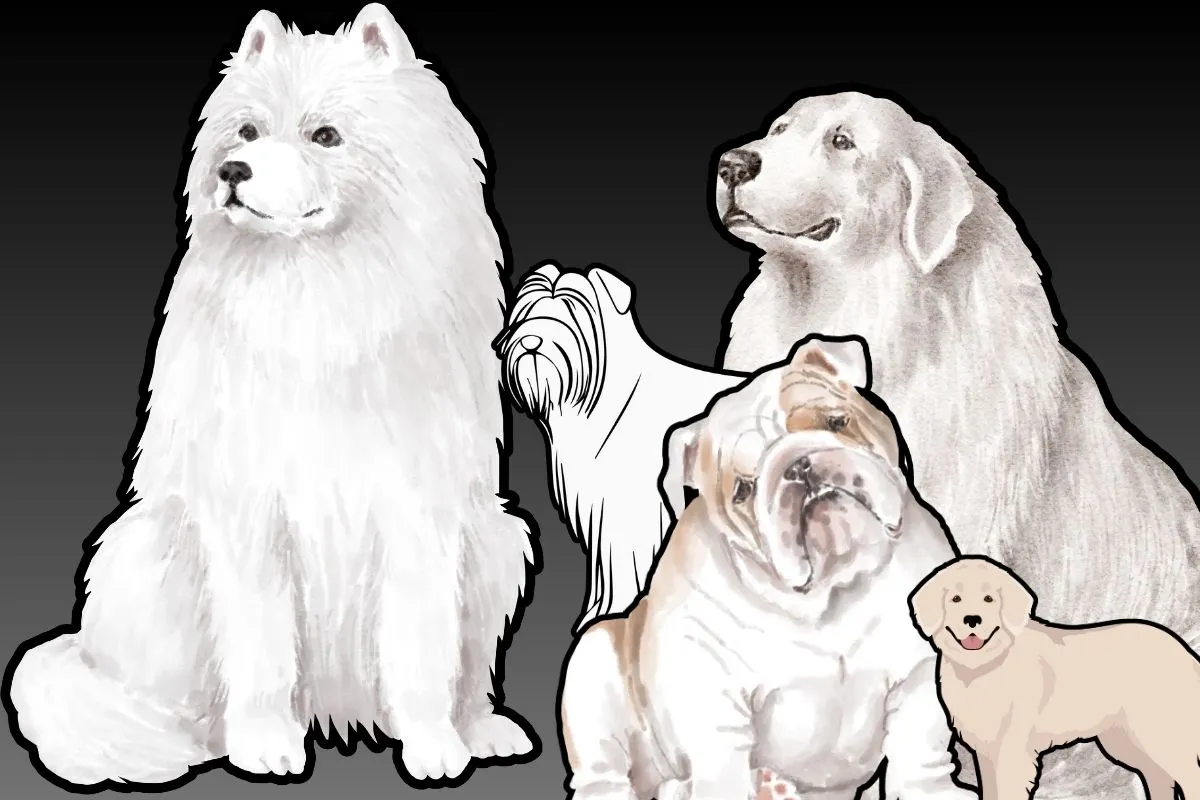
Menu
Who doesn’t love the idea of a cute, fluffy little dog following them around the house? “Small fluffy” dog breeds are like living teddy bears—adorable, cuddly, and full of personality. But there’s more to these pint-sized pooches than just their looks. They make excellent companions for various reasons, from their manageable size to their friendly dispositions. Whether you live in an apartment or a house with a big yard, a “small fluffy” dog can fit perfectly into your life.
Small fluffy dogs typically weigh between 5 to 20 pounds, making them easy to carry and perfect for people who want a pet that doesn’t take up too much space. They’re small enough to cuddle on your lap but sturdy enough to enjoy some playful activity.
These dogs are known for their luxurious coats, which can range from silky and straight to curly and plush. While their fluffy fur makes them incredibly huggable, it also means they can shed quite a bit. However, many of these breeds are considered hypoallergenic, which can be a blessing for those with allergies.
Small fluffy dog breeds are often affectionate, playful, and loyal. They may be small, but they have big personalities and plenty of love to give. Most of them are excellent with children and can get along well with other pets.
01. Pomeranian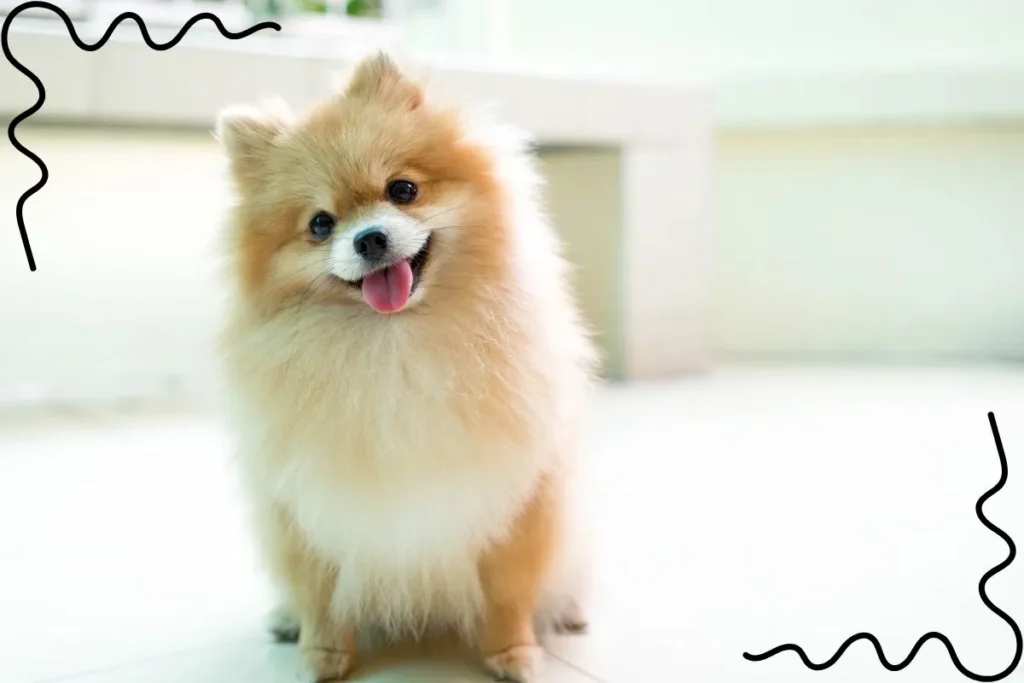
The Pomeranian hails from the Pomerania region in what is today Poland and Germany. Originally used as sled dogs, they have been bred down to their current small size.
With their fox-like faces, erect ears, and fluffy double coat, Pomeranians are extremely eye-catching. They usually weigh between 3 to 7 pounds.
Poms are lively, bold, and curious. They are highly intelligent and can be trained easily, but they also have a bit of a stubborn streak.
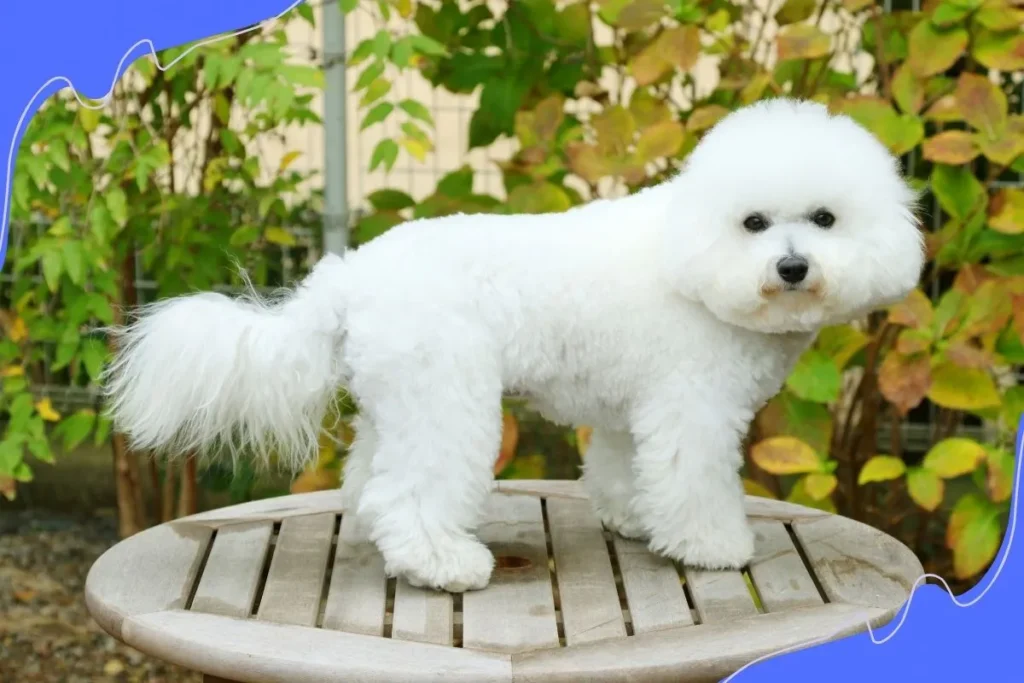
The Bichon Frise originated in the Mediterranean and was often featured as a companion of European nobility.
These dogs have a small, sturdy build covered with a white, curly coat. They typically weigh between 10 to 20 pounds.
Bichon Frises are known for their cheerful demeanor. They get along well with children and other pets and are usually very affectionate and friendly.
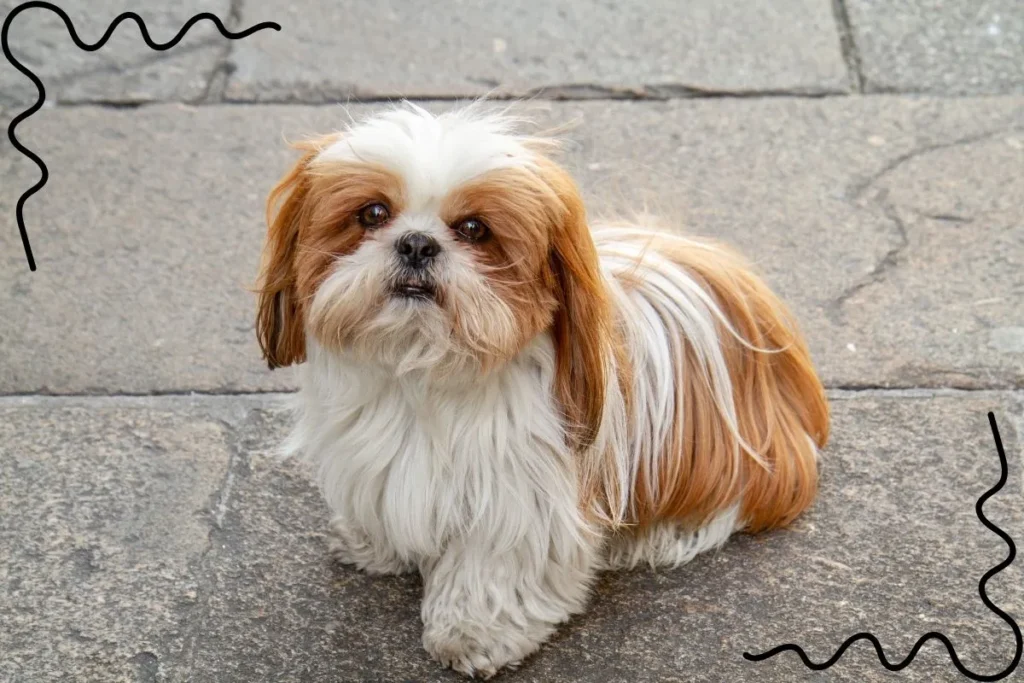
The Shih Tzu is an ancient breed that was developed in China, where it were favored by royalty.
These dogs have a distinctive flat face, long flowing coat, and a sturdy build. They typically weigh between 9 to 16 pounds.
Shih Tzus are friendly, outgoing, and affectionate. They are known for their loving nature and enjoy spending time with their human companions.
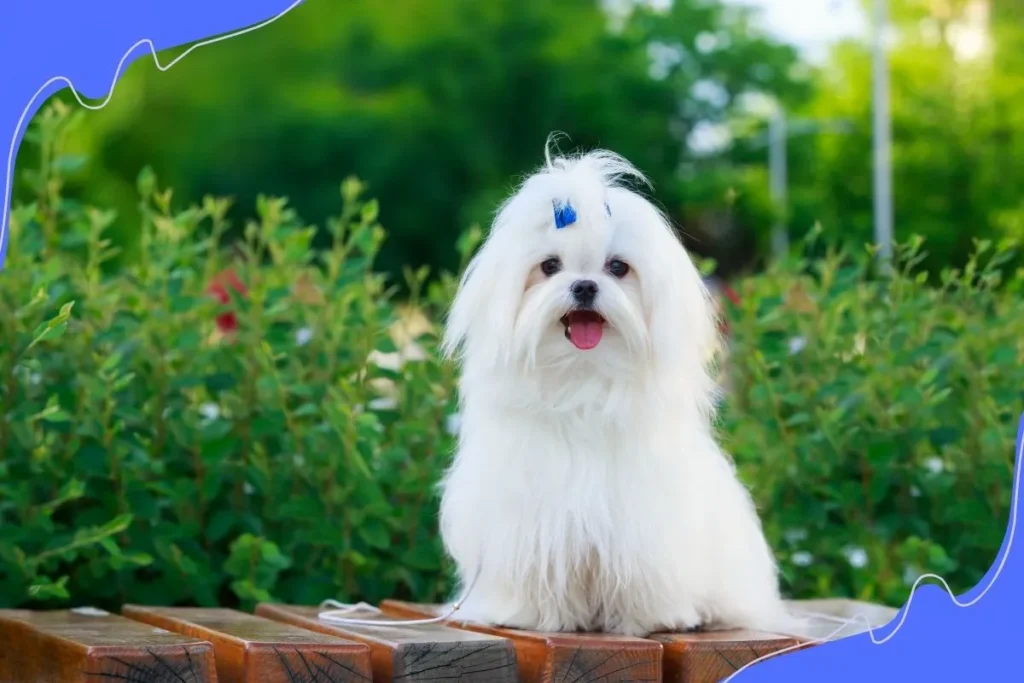
The Maltese is one of the oldest toy breeds, with its lineage dating back to ancient Mediterranean cultures.
These dogs are small with a long, silky white coat. They typically weigh between 4 to 7 pounds.
Maltese dogs are gentle, playful, and affectionate. They are great companions and tend to be very loyal to their owners.
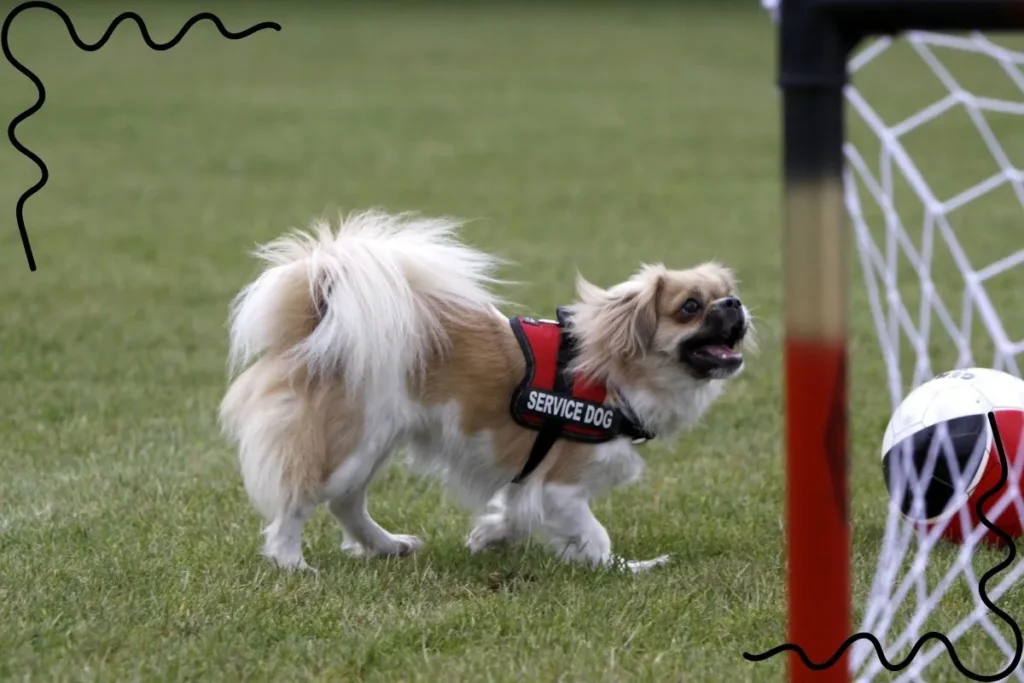
Tibetan Spaniels were bred by Tibetan monks as companions and watchdogs in monasteries.
They have a silky double coat, expressive eyes, and typically weigh between 9 to 15 pounds.
Tibetan Spaniels are intelligent, independent, and affectionate. They are known for their calm demeanor and adaptability.

This breed has ties to British royalty and was a favorite among noble families.
They have a silky, medium-length coat and weigh between 13 to 18 pounds.
Cavaliers are friendly, gentle, and affectionate. They are great with children and other pets, making them ideal family companions.
Regular grooming is essential for small fluffy dog breeds to keep their coats healthy and free of mats.
These dogs often require daily brushing to prevent tangles and mats. Bathing should be done every 4 to 6 weeks to keep their coat and skin clean.
Many owners opt for professional grooming services to help with haircuts, nail trimming, and other grooming needs, which can make maintenance easier.
Small fluffy dog breeds can be prone to certain health issues like dental problems, eye conditions, and joint issues.
Regular vet check-ups are crucial to catch and treat any health issues early. Vaccinations, dental care, and parasite prevention are also important.
A balanced diet and regular exercise are essential for maintaining the health and well-being of these small breeds. Portion control and regular walks can help prevent obesity.
Training is important for all dogs, including small fluffy breeds. Basic commands like sit, stay, and come are vital for good behavior.
Socializing your dog with other animals and people can help prevent behavior problems and ensure they are well-adjusted.
Using positive reinforcement methods such as treats and praise can make training more effective and enjoyable for your dog.
Small fluffy dogs are generally well-suited for apartment living due to their size. However, they also enjoy space to run and play, making them adaptable to houses as well.
These dogs are easy to travel with, whether you’re going on a road trip or flying. They fit comfortably in carriers and are usually less intimidating in public spaces.
While they are small, these breeds still need daily exercise and mental stimulation. Regular walks and playtime are essential to keep them happy and healthy.
Small fluffy dog breeds are irresistibly charming and make wonderful companions. Their manageable size and affectionate nature make them ideal for a variety of living situations. Whether you’re in an apartment or a house, these little bundles of joy will add immense love and happiness to your life.
Thank you for being a part of our community and for reading our blog. If you’re interested in any of the products in my store, feel free to browse our latest offerings. Your support means a lot to us and helps us continue providing valuable content and products for pet lovers like you. Happy caring for your furry friend!
Are small fluffy dogs good with children?
Yes, most small fluffy dog breeds are excellent with children due to their friendly and affectionate nature. However, as with any pet, it’s important to supervise interactions to ensure safety for both the dog and the child.
How much exercise do small fluffy dogs need?
While they are small, these dogs still need regular exercise to maintain their health. A couple of short walks and some playtime each day should suffice.
Exercise is crucial for maintaining your dog’s physical health. Whether it’s a walk in the park or a game of fetch, regular activity helps keep your dog fit. Check out our selection of durable and engaging toys designed to promote exercise and fun.
Do small fluffy dogs get along with other pets?
Generally, these breeds are sociable and can get along well with other pets, especially if they are socialized from a young age.
How often should I groom my small fluffy dog?
These dogs require regular grooming, often daily brushing, and bathing every 4 to 6 weeks. Professional grooming every few months can also help keep them well-maintained.
Regular grooming keeps your dog clean and reduces shedding. Our grooming kits come with everything you need to keep your dog looking its best.
What is the average lifespan of small fluffy dog breeds?
Most small fluffy dog breeds have an average lifespan of 12 to 16 years, though this can vary depending on the breed and their overall health. Regular vet check-ups and a healthy lifestyle can help maximize their lifespan.
External sources,

Welcome to YappyPet.com, your ultimate destination for all things pet-related! Founded by a passionate 27-year-old pet enthusiast, our website is dedicated to providing a haven for fellow animal lovers.
Join us on this exciting journey as we celebrate the unconditional love and joy that our furry friends bring into our lives.


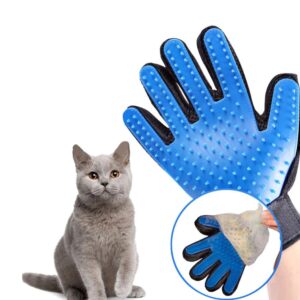
All rights reserved. YappyPet